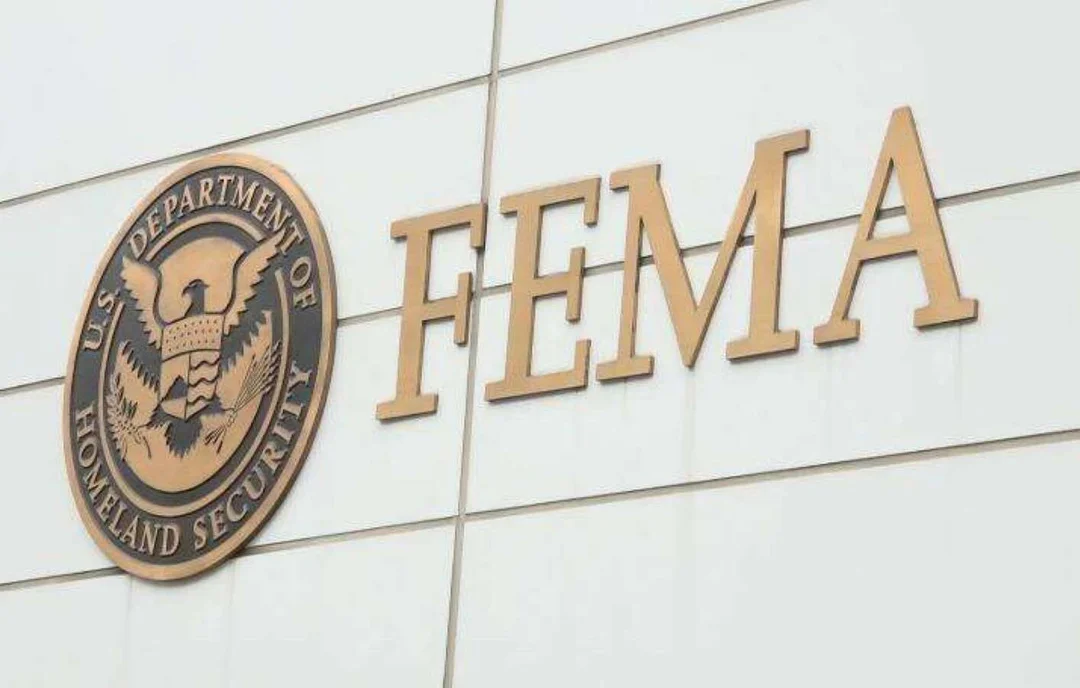
FEMA’s Future in Question as Bipartisan Efforts Seek Agency Reform and Independence
Recent developments have placed the Federal Emergency Management Agency (FEMA) at the center of a heated debate over its operational efficiency and structural placement within the U.S. government. A bipartisan group of lawmakers has introduced a bill aiming to detach FEMA from the Department of Homeland Security (DHS), arguing that such a move would enhance the agency's responsiveness to natural disasters and emergencies. This proposal has been met with mixed reactions, with South Dakota Governor Kristi Noem suggesting that FEMA's inefficiencies could lead to its elimination.
The urgency of reforming FEMA has been underscored by the agency's challenges in managing recent disasters in the Carolinas, where the head of Homeland Security has been criticized for inadequate response efforts. Critics argue that FEMA's integration within DHS has hindered its ability to act swiftly and effectively. Proponents of the reform bill believe that an independent FEMA would streamline disaster management and improve resource allocation.
As the debate unfolds, the future of FEMA remains uncertain. The proposed legislation marks a critical juncture for the agency, potentially reshaping its role and capabilities in safeguarding American communities against the backdrop of increasing natural disasters and emergency situations.